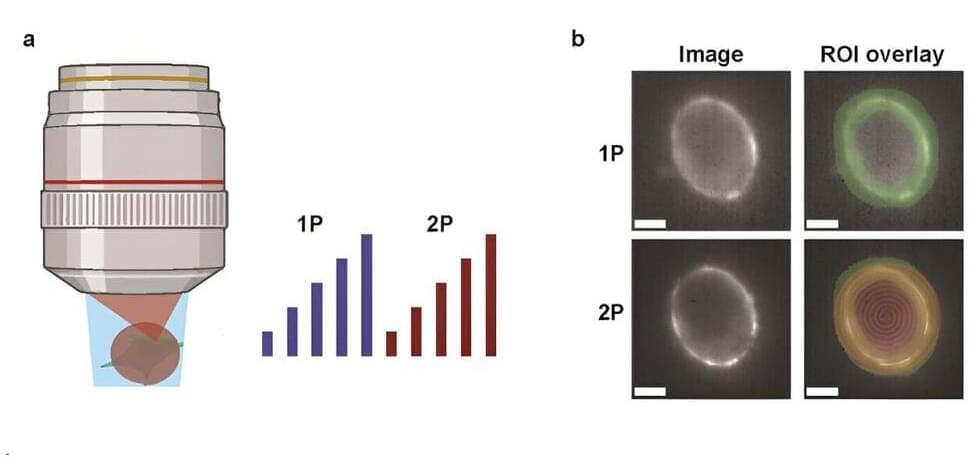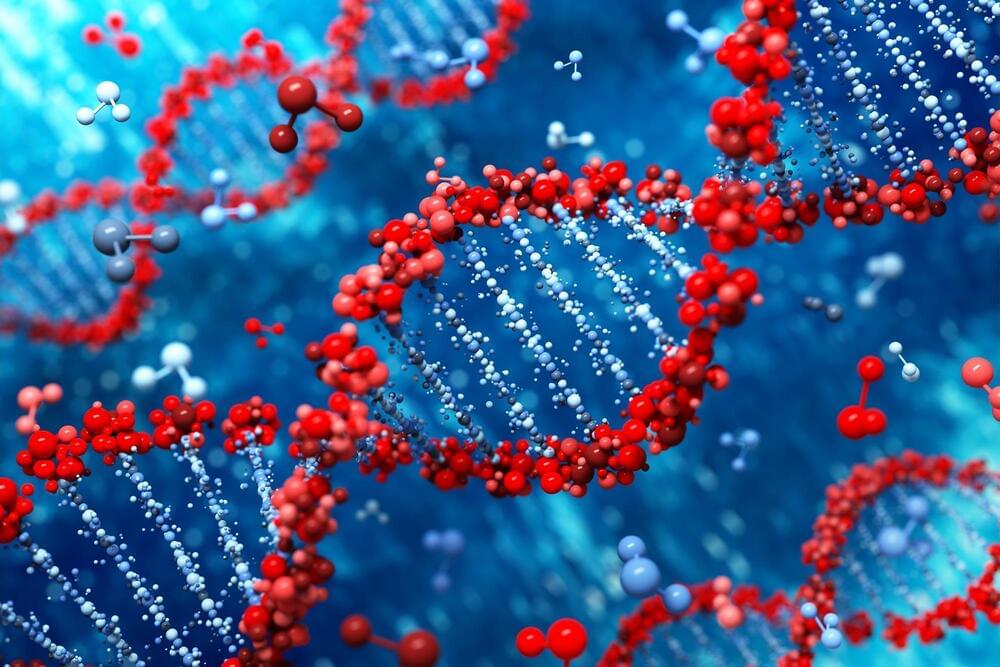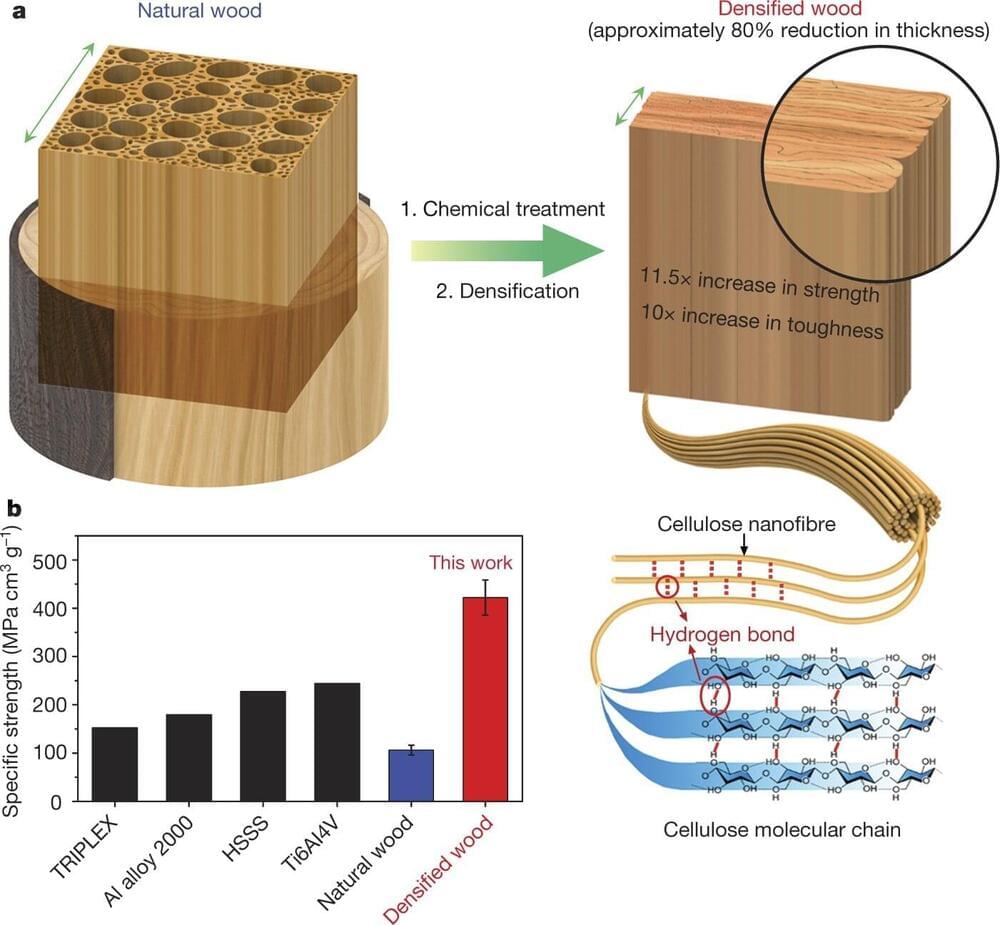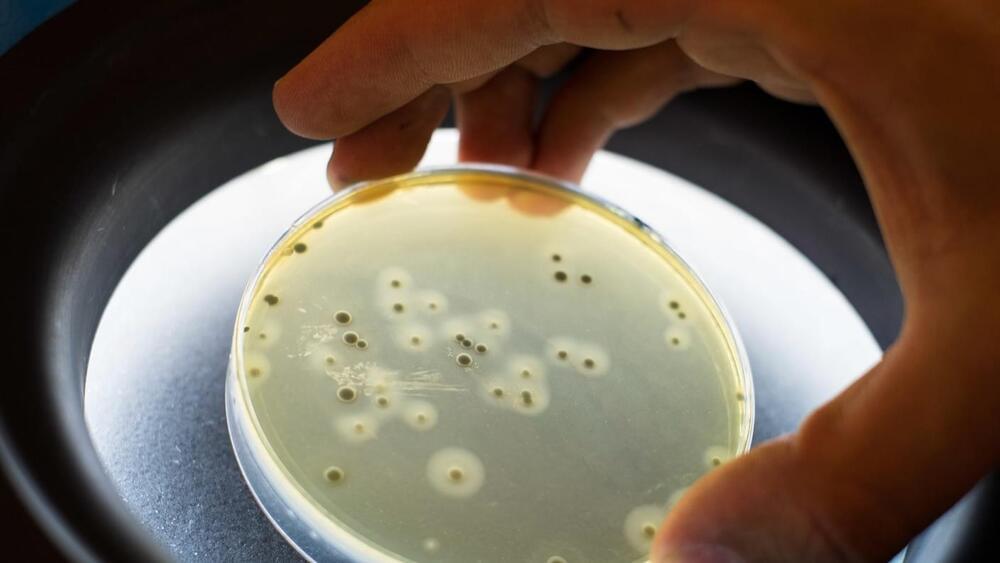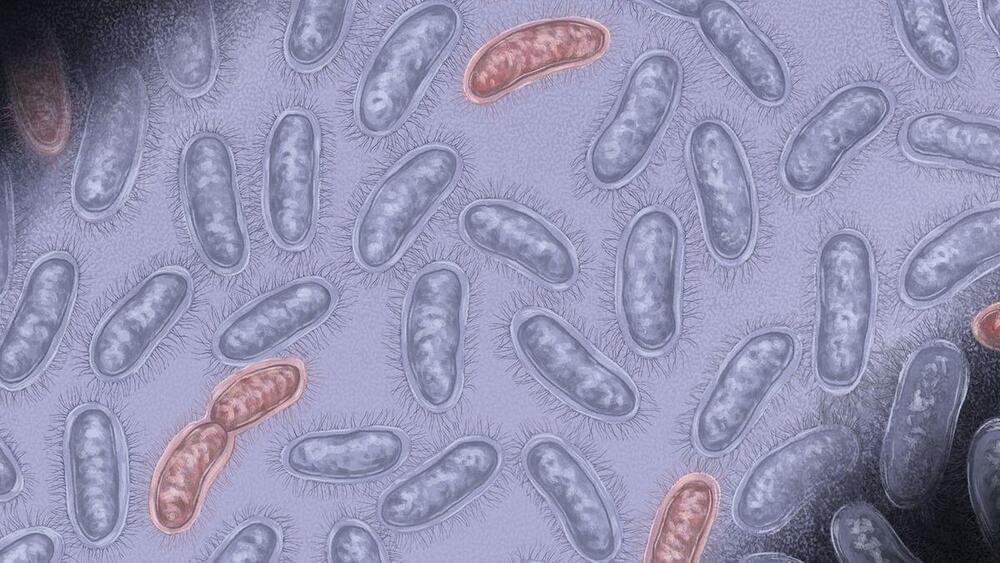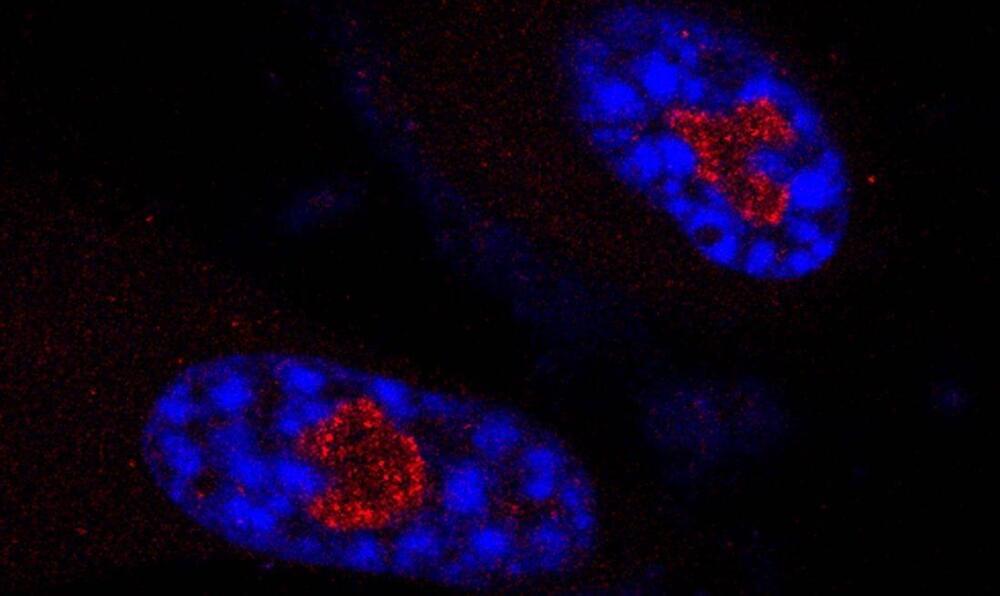Bacteria defend themselves from viral infection using diverse immune systems, many of which sense and target foreign nucleic acids. Defense-associated reverse transcriptase (DRT) systems provide an intriguing counterpoint to this immune strategy by instead leveraging DNA synthesis, but the identities and functions of their DNA products remain largely unknown. Here we show that DRT2 systems execute an unprecedented immunity mechanism that involves de novo gene synthesis via rolling-circle reverse transcription of a non-coding RNA (ncRNA). Unbiased profiling of RT-associated RNA and DNA ligands in DRT2-expressing cells revealed that reverse transcription generates concatenated cDNA repeats through programmed template jumping on the ncRNA. The presence of phage then triggers second-strand cDNA synthesis, leading to the production of long double-stranded DNA. Remarkably, this DNA product is efficiently transcribed, generating messenger RNAs that encode a stop codon-less, never-ending ORF (neo) whose translation causes potent growth arrest. Phylogenetic analyses and screening of diverse DRT2 homologs further revealed broad conservation of rolling-circle reverse transcription and Neo protein function. Our work highlights an elegant expansion of genome coding potential through RNA-templated gene creation, and challenges conventional paradigms of genetic information encoded along the one-dimensional axis of genomic DNA.
One-Sentence Summary Bacterial reverse transcriptases synthesize extrachromosomal genes via rolling-circle amplification to confer potent antiviral immunity.
Columbia University has filed a patent application related to this work. S.H.S. is a co-founder and scientific advisor to Dahlia Biosciences, a scientific advisor to CrisprBits and Prime Medicine, and an equity holder in Dahlia Biosciences and CrisprBits.
